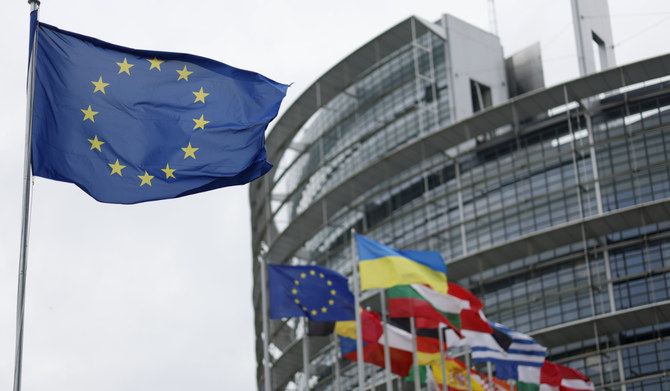
Where does the EU stand when it comes to the war in Gaza? Where does the EU stand when it comes to the clashes between Armenia and Azerbaijan? Where does the EU stand when it comes to the situation in Libya? The same question could also be asked today regarding the war in Ukraine. The sad reality is that there is not a single answer but multiple. There might be two within the EU institutions and then three to four others coming from member states that have their own interests. This situation makes both the EU and its member states look vulnerable and indecisive.
This situation must be addressed. If we were to analyze the various trends, we would notice that the same debates have been ongoing for the past 20 years. There are three different points of view. The first argues that the EU needs to move toward the model of a confederation or federation. The second says that everything is fine. And the third promotes a return to strong individual nation states.
What I mean is that, unless we adopt the first solution, each member state would be better off taking the decision-making back into their own hands. This is a deep issue worthy of some soul-searching that goes beyond strategy and raises the question: can EU sovereignty exist while also preserving each country’s interests and sovereignty? It also brings up the question of who is the EU accountable to: member states or their citizens?
I firmly believe that Europe must achieve autonomy in terms of foreign policy and military matters. If not, then it ceases to have a true purpose and it would be better off reverting to being a simple economic, trade and cooperation zone. In a context of growing geopolitical instability, there cannot be another layer of confusion added due to the structure of the EU. The lack of strong European autonomy and sovereignty suggests that countries would be better off fending for themselves and looking after their own interests.
I firmly believe that Europe must achieve autonomy in terms of foreign policy and military matters
A united and autonomous EU foreign affairs body would mean that the voice of Europe would supersede all the foreign ministries of member states. In fact, this would mean that all foreign offices would merge into a single European one and that the national offices would cease to exist. It would be a difficult if not impossible transition.
This also applies to military and defense. A lack of industrial cooperation in defense is costly for the EU. European defense combines 27 small national armies, the disparity of which harms efficiency and does not favor the European defense industry. This leads to waste, which can be explained by the impossibility of achieving economies of scale in this industry, given the absence of competition between national players that each supply their own country’s army.
This became evident a few years ago, when six European states had their own frigate development programs, even though they each only wanted to purchase a handful. If this was unified, it would have made the European military supply chain much stronger and would have supported the development of new technologies. Close to 80 percent of public defense contracts are allocated to national programs, despite the presence of the European Defense Agency, an intergovernmental agency that is supposed to work for a common response to defense needs. In light of the current geopolitical risks and the war at its border, it is urgent for the EU to increase its industrial capacity and maintain control over its supply chains.
The same ill affects both the EU’s foreign policies and its defense unity. Many questions arise when analyzing the situation in Libya, on which European countries have varying views. This situation weakens the trans-Atlantic alliance, which must be a core focus of any political and military strategy. There is no doubt that a unified EU voice would strengthen the protection and well-being of all its citizens.
There is no doubt that a unified EU voice would strengthen the protection and well-being of all its citizens
Another important point is that the current situation is encouraging the development of layers of useless administration, wasting taxpayers’ money. It is important for the EU to streamline its operations and focus on efficiency, rather than quotas for each member country. Small government is always good government and so it should be a small structure — the opposite of what is taking place today. The fate and stability of Europe and its citizens is left in the hands of layers of middle management that do not have the decision-making power to make a difference. More could be said on the dangers of economic stagnation this poses to the countries of the bloc.
Here, I will not refer to Jean Monnet or Robert Schuman. Instead, despite Brexit, I will refer to a famous address Winston Churchill made in 1946 at the University of Zurich, in which he called for the creation of a “United States of Europe” and exhorted the people of the continent to put the tragedies of the past behind them and focus on the future. He said that “building a kind of United States of Europe” was the first step toward recreating the “European family” of justice, kindness and freedom. He added that Europe could not afford to carry on the hatred and retaliation that resulted from the wounds of the past. Only in this manner will the hundreds of millions of laborers be able to reclaim the basic pleasures and aspirations that give life meaning. My fear is that such a transformation may only occur after we experience devastating destruction like in the world wars. But this time, who will win?
• Khaled Abou Zahr is the founder of SpaceQuest Ventures, a space-focused investment platform. He is chief executive of EurabiaMedia and editor of Al-Watan Al-Arabi.












